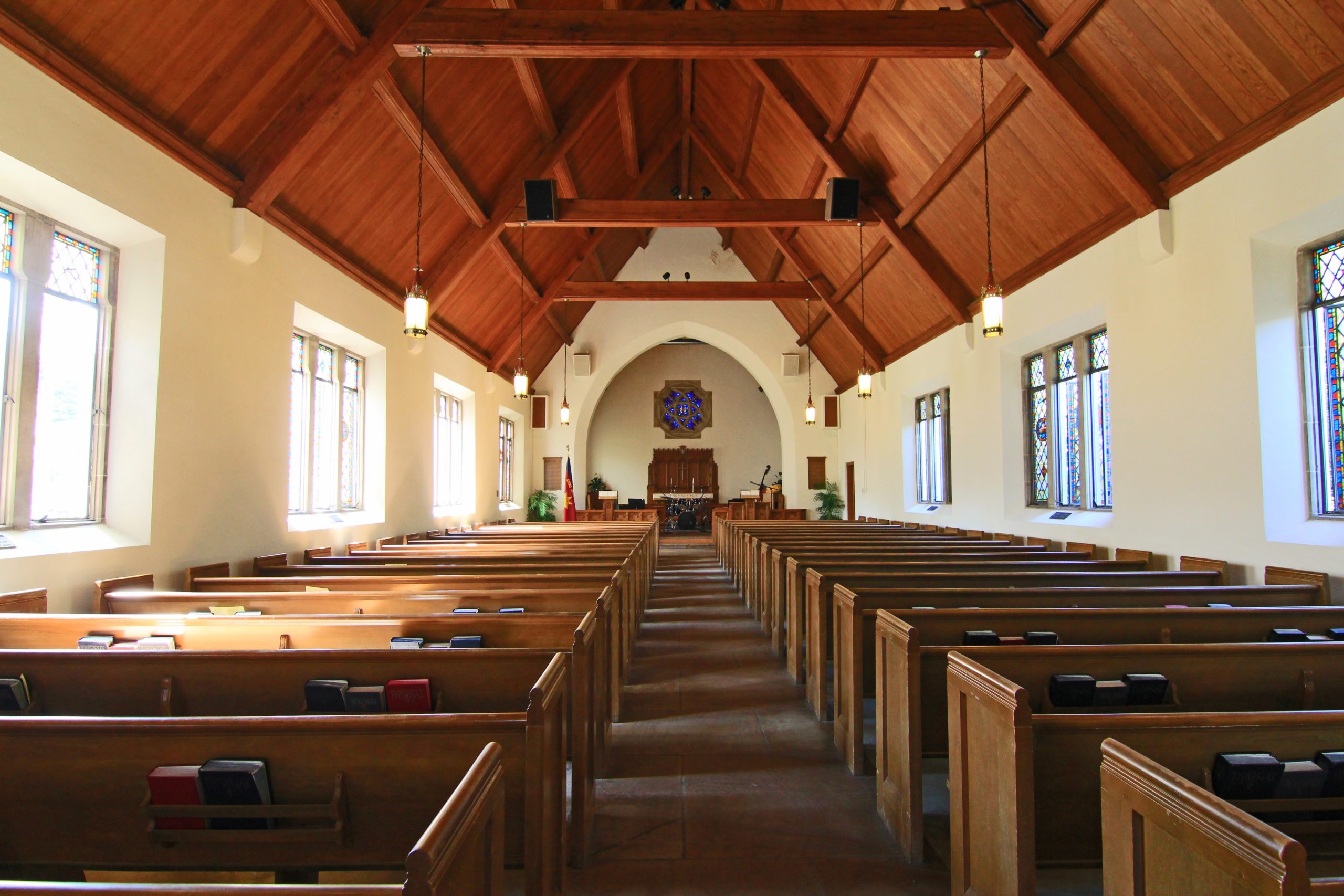
Every bad church story happens either at a business meeting or a deacon’s meeting. This was a deacon’s meeting—circa, Spring of 2011. I was a 25-year-old youth leader who desperately want to learn and grow as a pastor—particularly in preaching. Our church just lost its pastor and hired an interim—Pastor Don. God bless him. Pastor Don (at the time) was 82 years old. He’d been serving the Lord for many years, and he wasn’t too fond of me wanting to preach. In fact, in the deacon’s meeting, he looked at me and said, “Brandon, it’s not your job to preach. That’s not why the church hired you.” I won’t lie. Those words hurt. But they also helped me, because in that moment, I determined that if I ever had the opportunity to preach regularly, I would share my pulpit with up-and-coming preachers.
Pastors may be hesitant to do this for several reasons.
- They’re worried about what the congregation will think. In small churches, especially, people think the main pastor should be preaching every week. That’s why they pay him. The pastor, then, is afraid to let another person preach (unless he’s on vacation), because he doesn’t want to make people mad.
- He’s worried the younger preacher be better than him. This shouldn’t happen, but it does. Pastors can be some of the most insecure people in the world. They certainly don’t want a young man making them look bad.
- The young man is inexperienced. Preachers who haven’t preached much are, by definition, inexperienced. This discourages the main pastor from putting him into the pulpit too quickly.
But pastors should not hesitate to train young preachers despite the challenges. Here are five reasons why.
- Training preachers is biblical. Paul told Timothy: “what you have heard from me in the presence of many witnesses entrust to faithful men, who will be able to teach others also” (2nd Timothy 2:2). Paul trained Timothy. Timothy was to train the next generation of Bible teachers who could then train more Bible teachers. That’s four generations of preachers.
- Training preachers is a ministry in itself. Every church should do this, but if you’re in a normative size church (75-250), and perhaps you’re being tactically patient in terms of how fast you change things, finding a young preacher to train is very rewarding work. You don’t need leadership or congregational approval to disciple someone. Plus, the impact you could make in this man’s life, who will then impact others, is immeasurable.
- Training preachers encourages the congregation in a unique way. When a young man preaches, even if he’s not very good, godly saints will be encouraged. You can even encourage this encouragement by saying things like, “Isn’t it nice to see a young person training for the ministry.” Trust me. Senior saints love that.
- Training preachers proves the pastor is humble and fearless. As stated before, a lot of pastors won’t allow another preacher in their pulpit because they’re insecure. When you train preachers, you show that your teaching ministry is not about you, and you’re not afraid. Who cares if he’s better. You should hope he is! Do we not need more great preachers?
- Training preachers creates more preachers. Good preaching begets good preachers. John Piper wanted to be a doctor. But then he got sick and laid idle in a hospital bed. That’s when he heard a compelling sermon that made him say, “I want to do that with my life.” Only God can call his preachers, but he often does it through preaching. Give guys opportunities and you will create a culture of training men for ministry.
Pastor, don’t be afraid to share your pulpit. It’s your job to train the next generation of preachers and shepherds. In doing so, you will not only be blessed yourself, but you will also encourage your church, show you aren’t afraid and raise up more preachers for the ministry.

